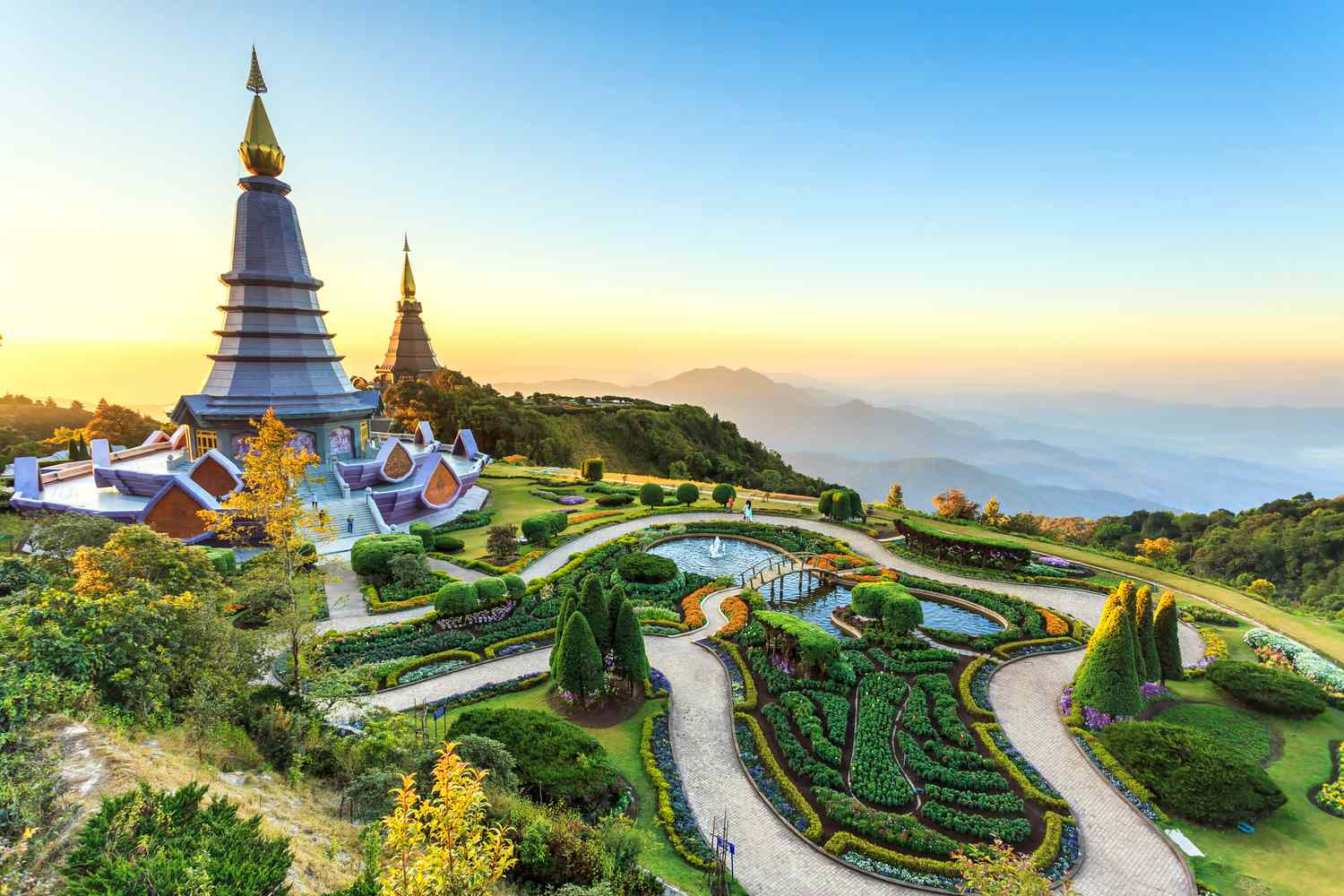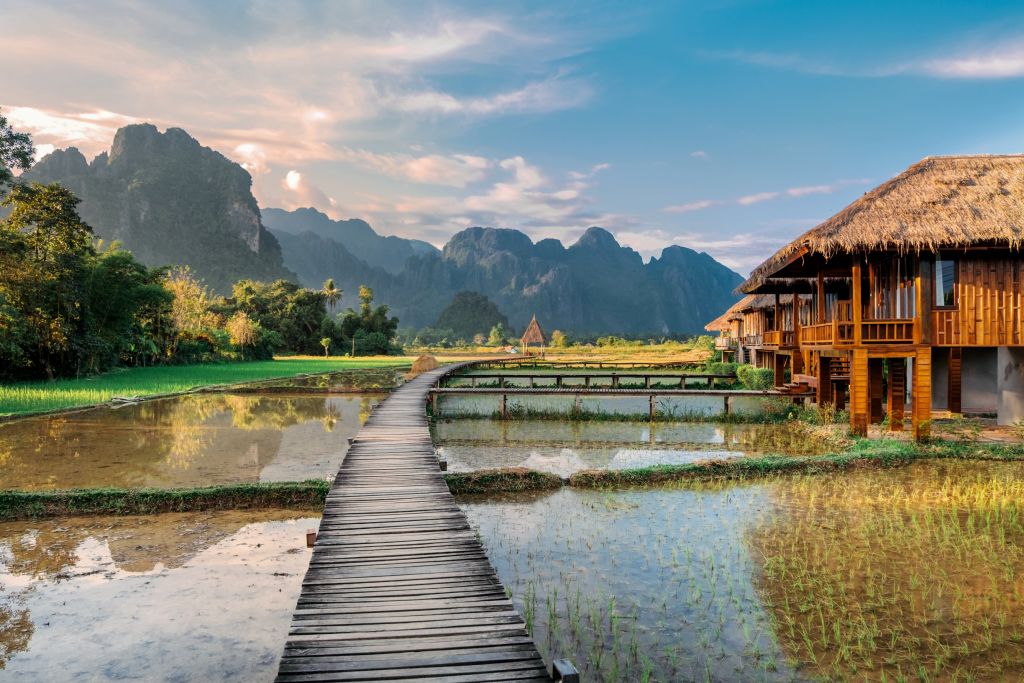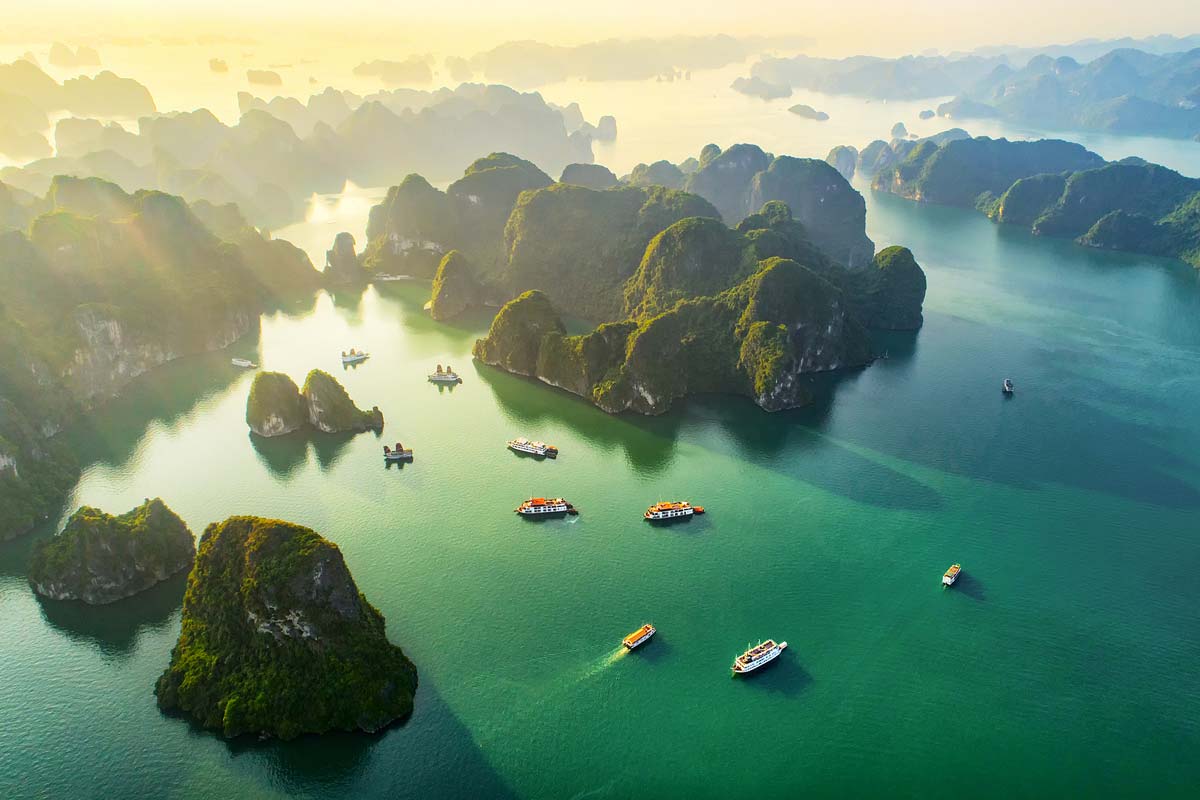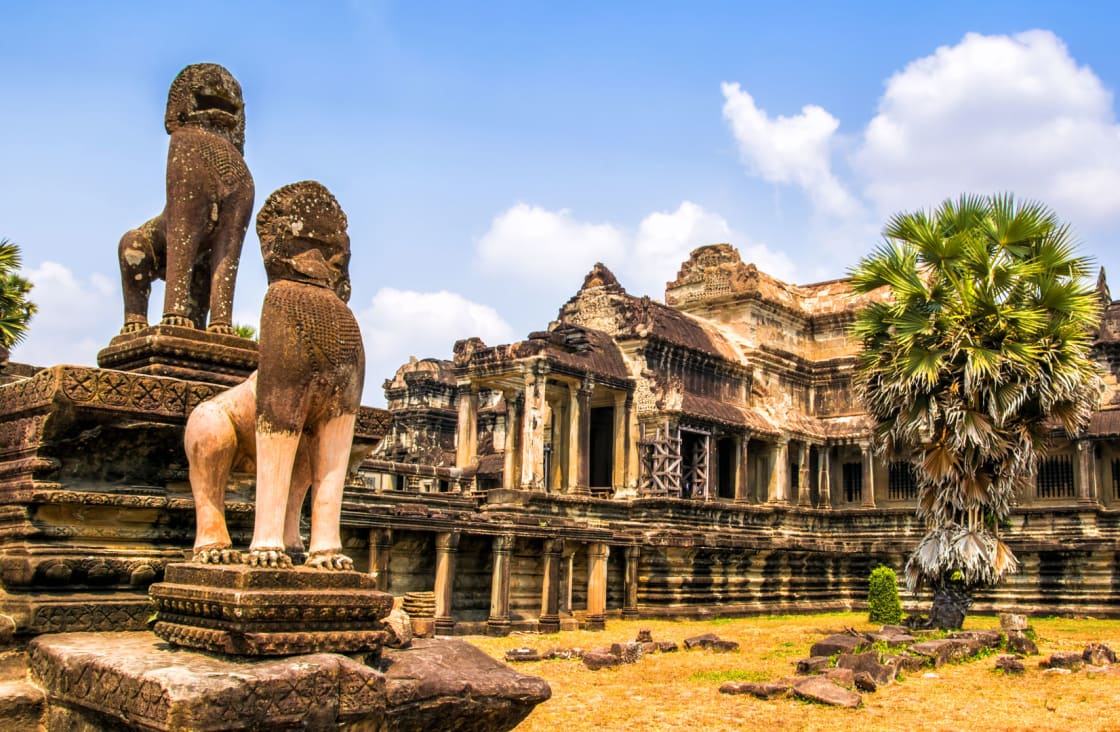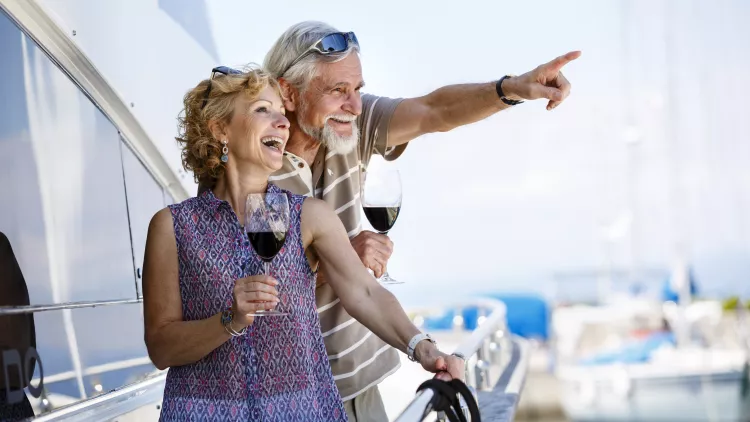The Rise of Experiential Tourism: Travelers Now Prefer Direct Immersion Over Traditional Sightseeing
14-10-2024
In recent years, the travel industry has witnessed a significant shift in tourist preferences, with more and more travelers seeking out immersive, hands-on experiences rather than just traditional sightseeing. This trend, often referred to as "experiential tourism" focuses on authentic, direct engagement with local cultures, traditions, and environments. Whether it’s learning to cook traditional dishes, participating in cultural rituals, or engaging in outdoor adventure activities, tourists now crave experiences that connect them deeply with their destinations.
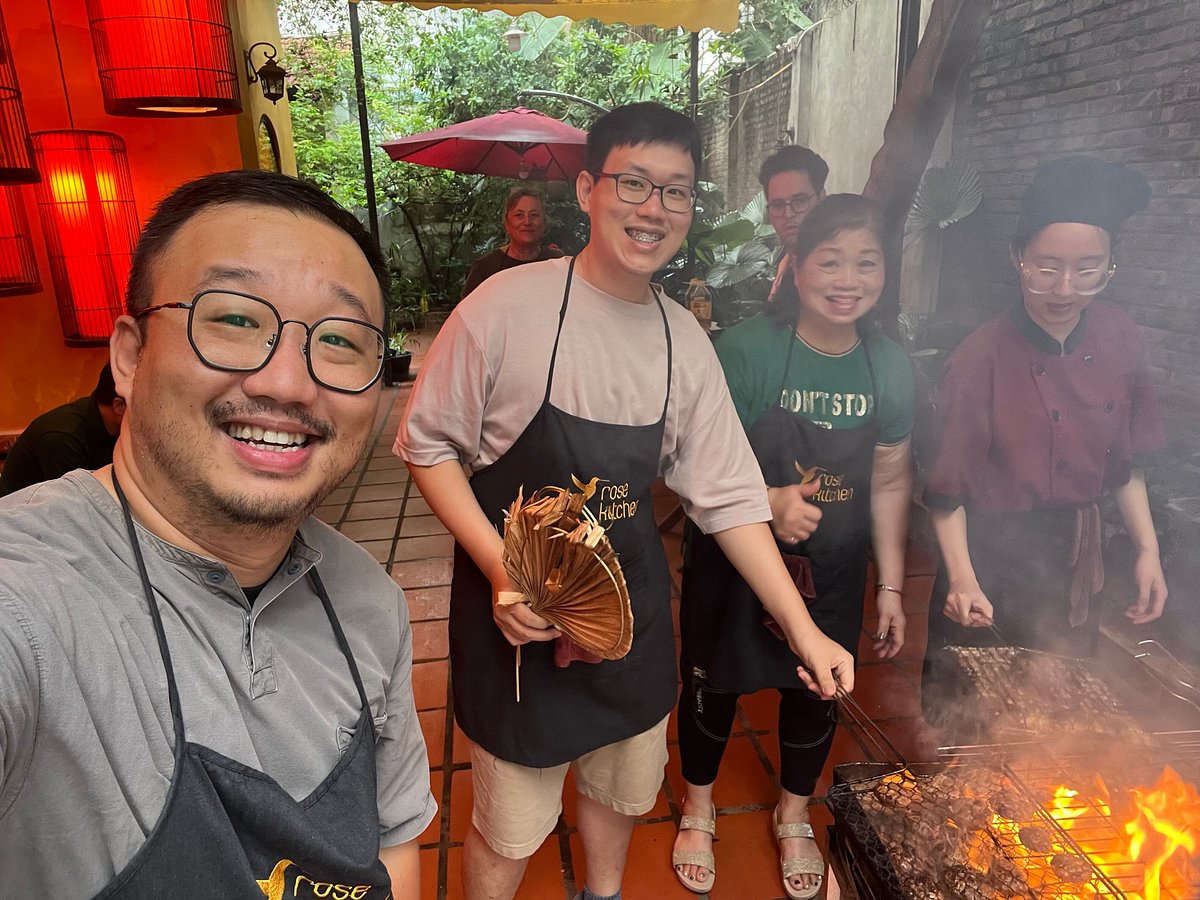
The rise of experiential tourism can be attributed to several key factors:
Vietnam has seen a surge in demand for experiential tourism, with a growing number of visitors choosing activities that allow for direct interaction with the local environment and culture. Some of the most popular options include:

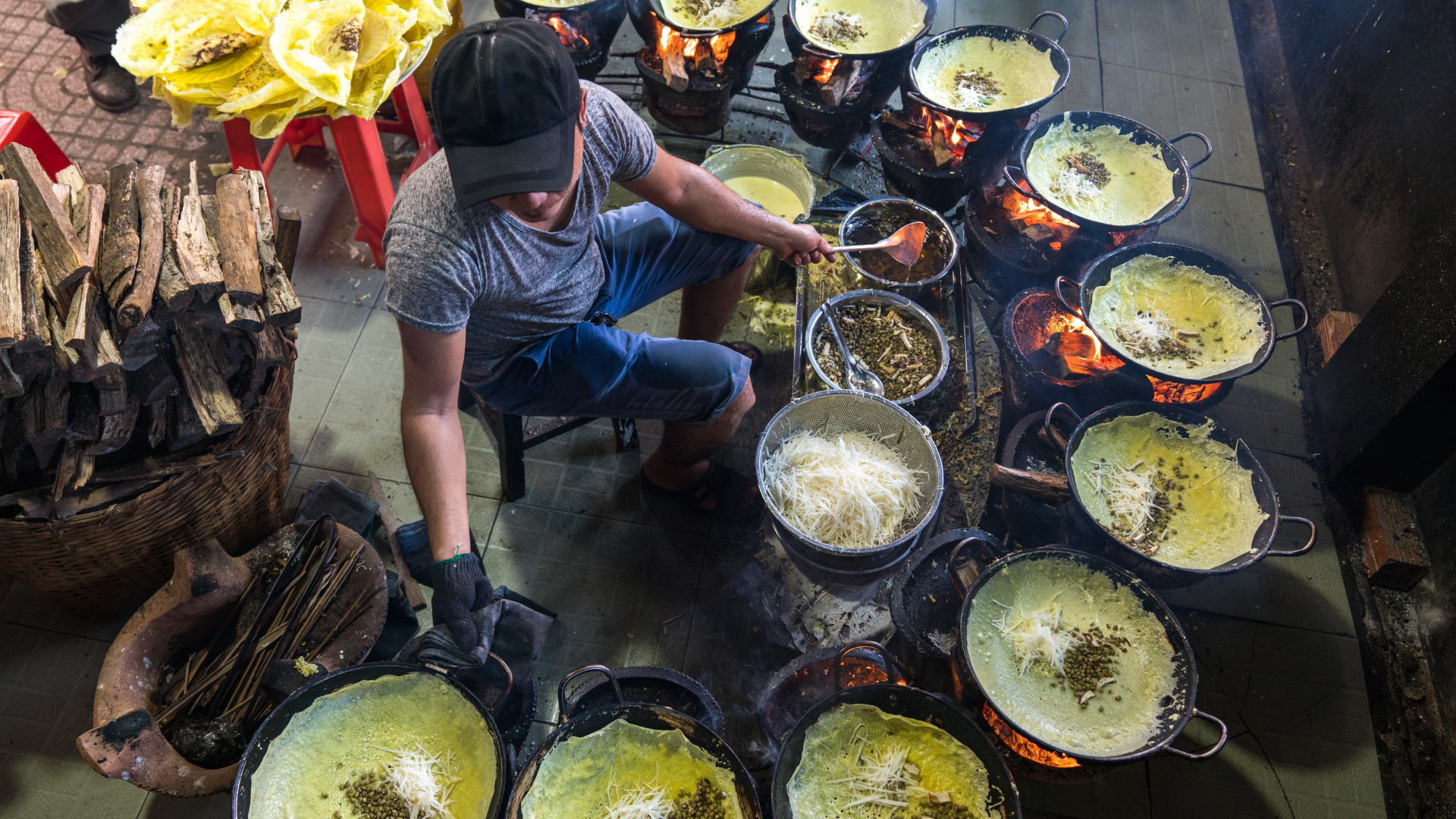

As more travelers seek deeper, more meaningful interactions with the places they visit, experiential tourism is likely to continue its upward trajectory. Destinations that can provide authentic, immersive experiences will be better positioned to attract tourists in the coming years. In Vietnam, the government and private sector are increasingly focused on promoting these kinds of activities, with an emphasis on sustainability and cultural preservation.
The growing demand for direct experiences shows that tourists are no longer content with simply observing—they want to participate, learn, and connect. This shift is reshaping the travel industry, offering new opportunities for local communities and creating more enriching travel experiences for visitors.
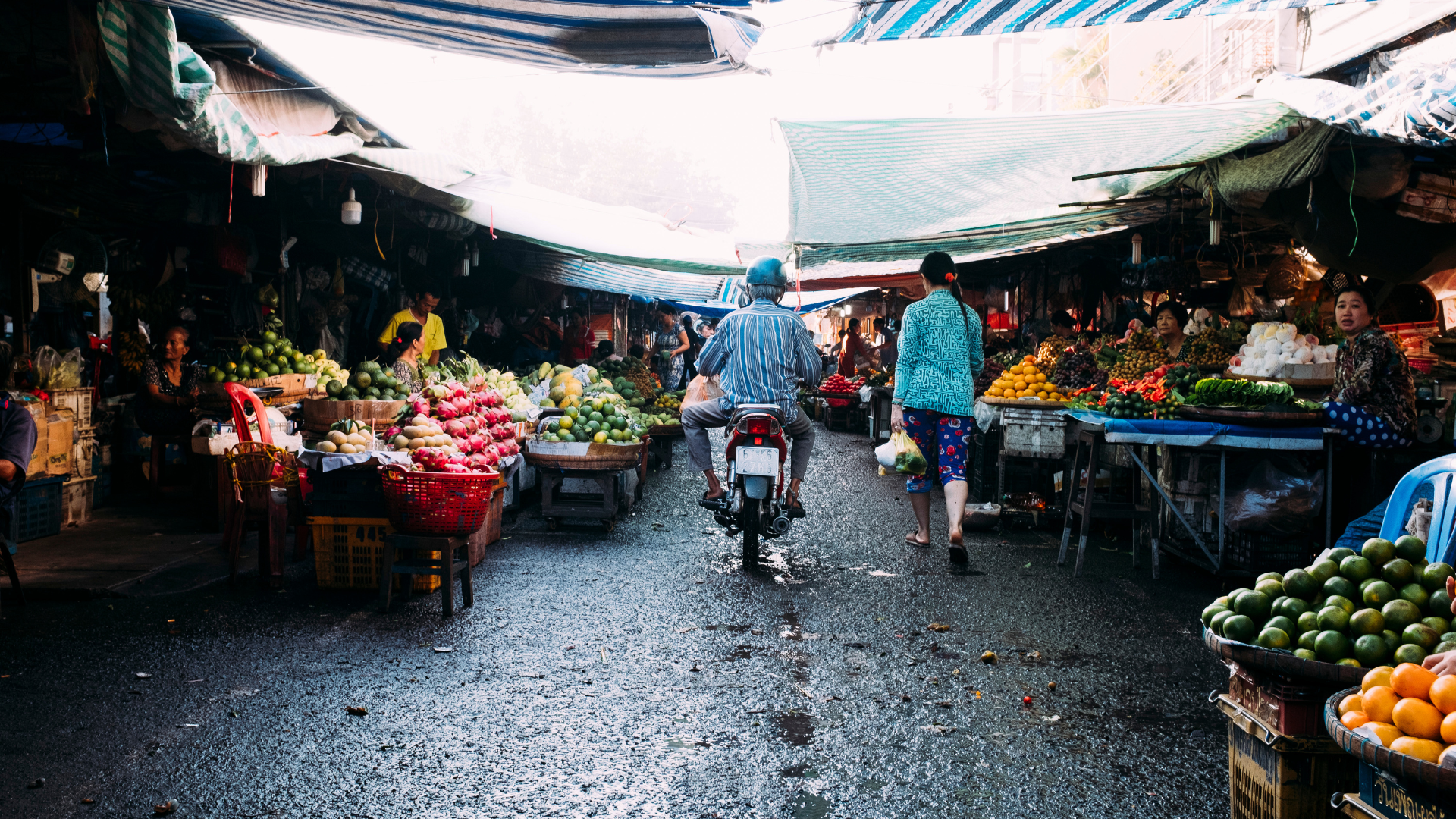
Sources:
Vietnam Tourism
Travel Daily News Pacific

Why Experiential Tourism Is Thriving
The rise of experiential tourism can be attributed to several key factors:
- Desire for Authenticity: Modern travelers are increasingly motivated by a desire to escape the superficial and connect with the authentic essence of a place. Traditional tourist activities, such as visiting landmarks and staying in all-inclusive resorts, are often seen as detached from the real life of a destination. In contrast, experiential activities offer a window into the local way of life. For instance, tourists visiting Vietnam might choose to spend time in a local village, learning about traditional farming methods or making handicrafts with artisans.
- Cultural Immersion: Today's travelers want to immerse themselves in the cultures they visit. This often means participating in local festivals, attending cooking classes, or staying in homestays where they can learn directly from locals. In Vietnam, activities like exploring the floating markets in the Mekong Delta or joining guided tours led by local storytellers in Hoi An provide richer, more personal insights into the country’s unique history and traditions.
- The Impact of Social Media: Social media has played a major role in fueling the demand for unique experiences. Travelers today want to capture moments that stand out and are eager to share personalized, one-of-a-kind experiences with their online followers. This has driven demand for activities that allow tourists to engage in something memorable, such as participating in a Vietnamese cooking class or taking part in a traditional water puppet show.
- Health and Wellness Tourism: Post-pandemic, there has also been a growing interest in wellness-related activities. Experiential tourism often includes opportunities for physical activity, mental relaxation, and environmental immersion. For example, tourists now seek out wellness retreats in Vietnam’s lush countryside or opt for eco-tours that promote sustainable practices while allowing them to explore nature reserves.
Popular Experiential Tourism Activities in Vietnam
Vietnam has seen a surge in demand for experiential tourism, with a growing number of visitors choosing activities that allow for direct interaction with the local environment and culture. Some of the most popular options include:
- Culinary Tours: Many visitors now prefer to explore a destination through its food. In Vietnam, culinary tourism has become a major draw, with tourists signing up for cooking classes, food tours, and market visits. Cities like Hanoi and Ho Chi Minh City are hubs for food tourism, where tourists can learn to make dishes like pho, spring rolls, or bánh xèo from local chefs.


- Homestays and Cultural Immersion: Homestays in rural areas like Sapa or the Mekong Delta offer tourists the chance to live with local families, learn about their daily lives, and participate in activities like farming, fishing, or traditional crafts. This direct interaction with locals creates a meaningful, personal experience that tourists are unlikely to forget.
- Eco-Tourism and Adventure Travel: Vietnam’s diverse landscapes make it an ideal destination for eco-tourism. Visitors can trek through the mountains of Northern Vietnam, kayak in the waters of Ha Long Bay, or cycle through rice paddies in the countryside. These activities not only promote physical engagement but also allow tourists to explore Vietnam’s natural beauty in a more sustainable way.

The Future of Experiential Tourism
As more travelers seek deeper, more meaningful interactions with the places they visit, experiential tourism is likely to continue its upward trajectory. Destinations that can provide authentic, immersive experiences will be better positioned to attract tourists in the coming years. In Vietnam, the government and private sector are increasingly focused on promoting these kinds of activities, with an emphasis on sustainability and cultural preservation.
The growing demand for direct experiences shows that tourists are no longer content with simply observing—they want to participate, learn, and connect. This shift is reshaping the travel industry, offering new opportunities for local communities and creating more enriching travel experiences for visitors.

Sources:
Vietnam Tourism
Travel Daily News Pacific
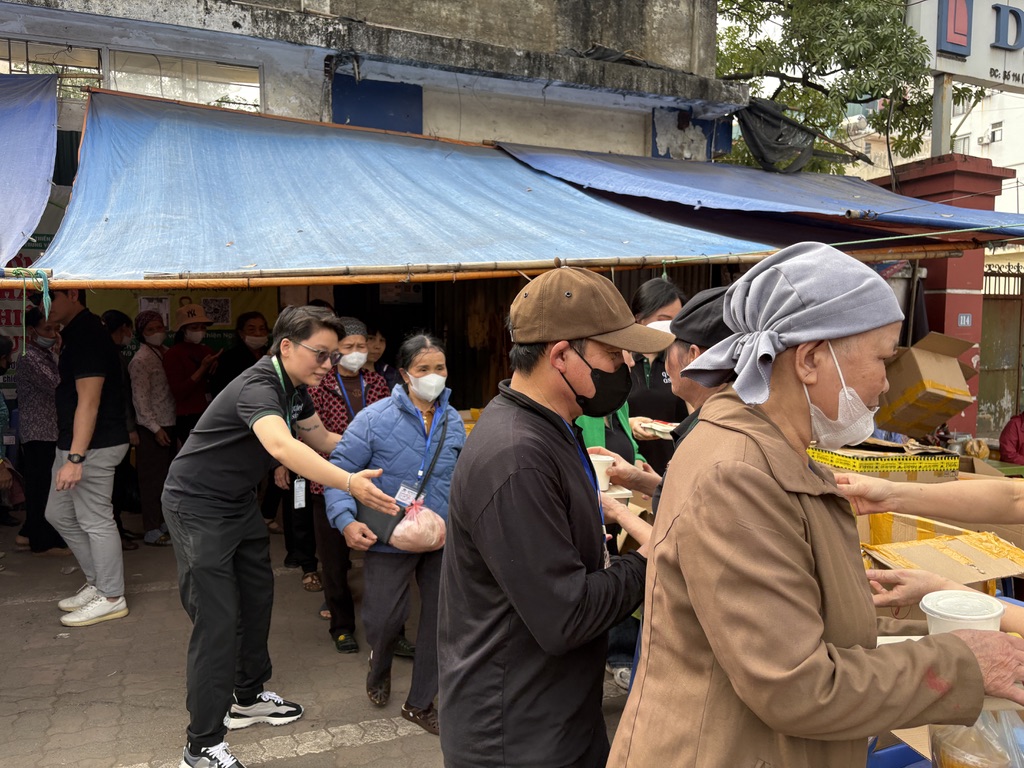
Cooking with Purpose: A Meal of Care at K Hospital
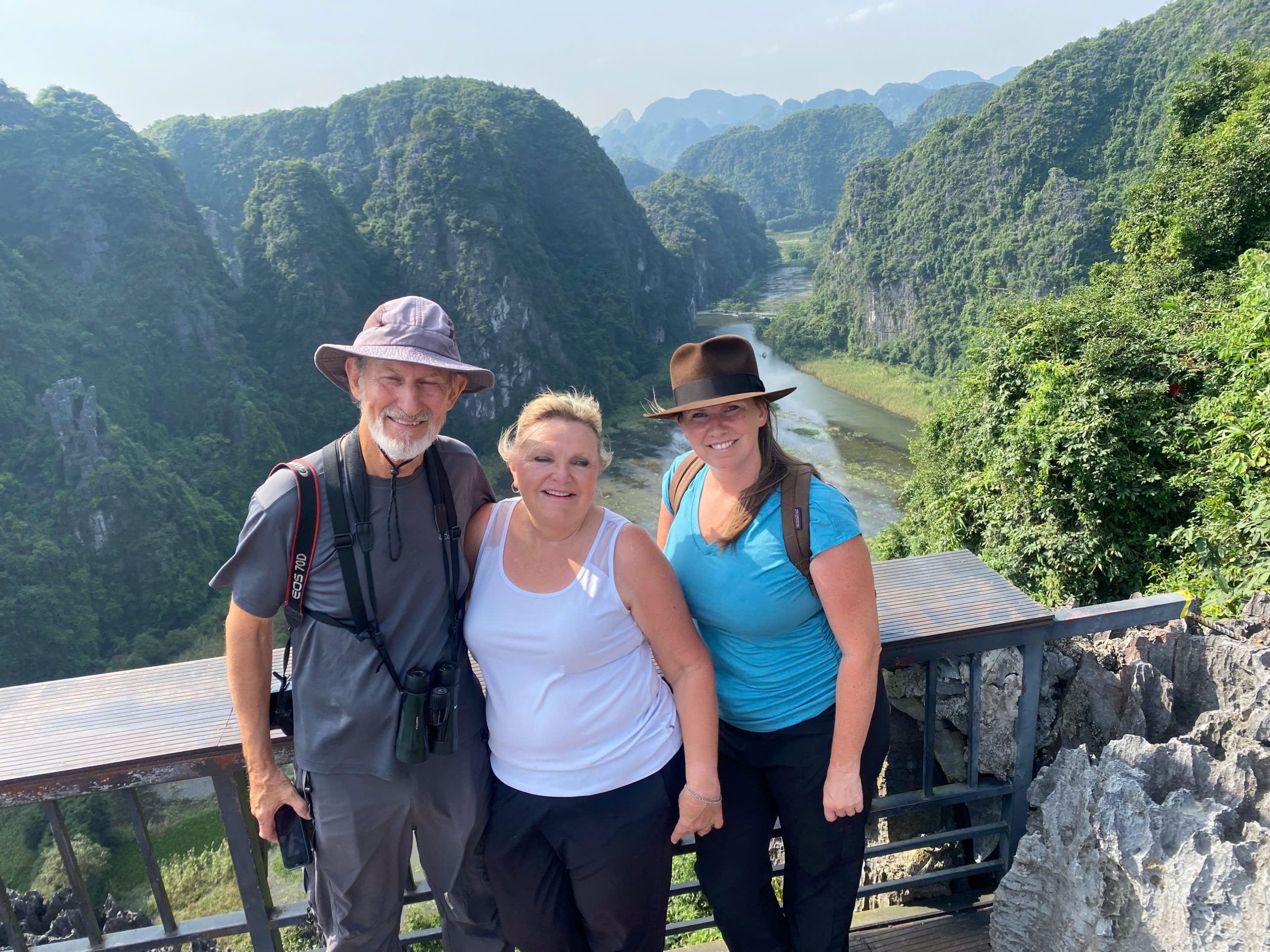
Hanoi to Ninh Binh Sustainable Tour: 3 days 2 nights
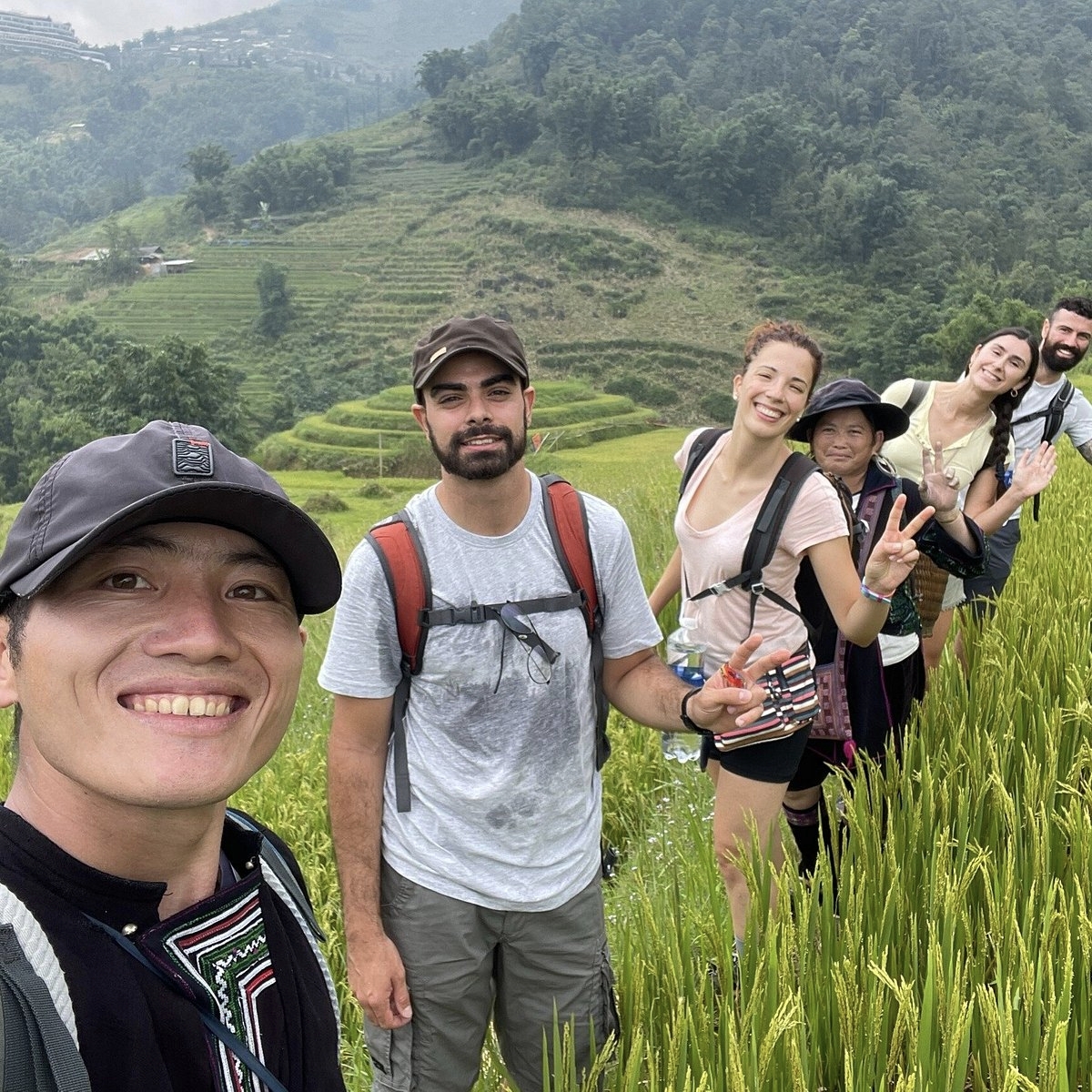
Hanoi – Sapa – Hanoi, Sustainability Tour: 4 Days 5 Nights
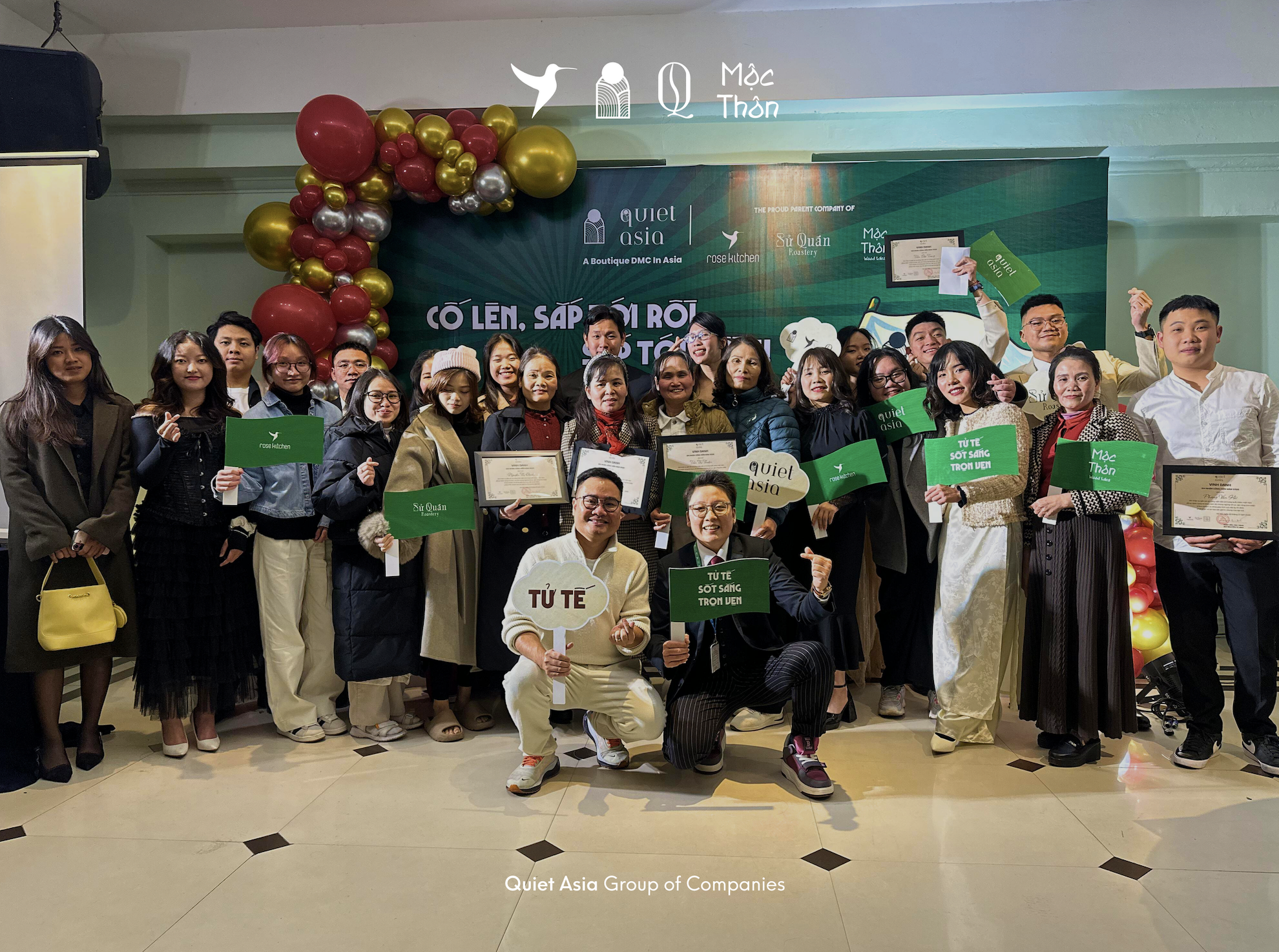
The Beginning of Our Journey with Travelife
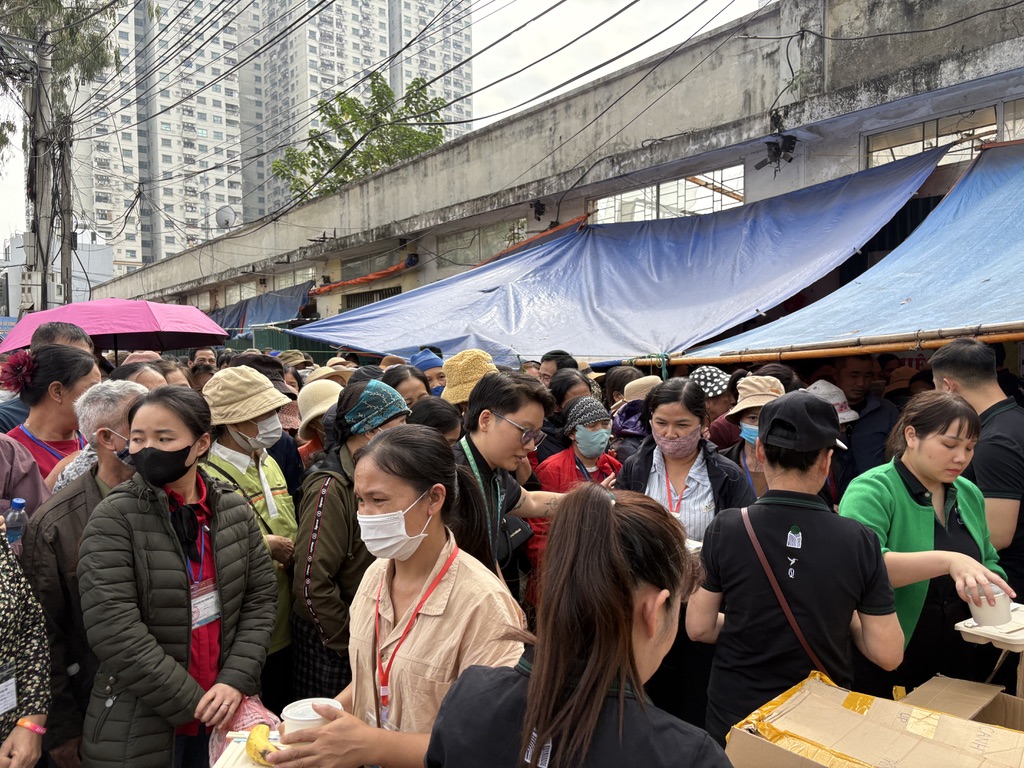
Our Mission: Putting Destinations First Through Sustainable Tourism
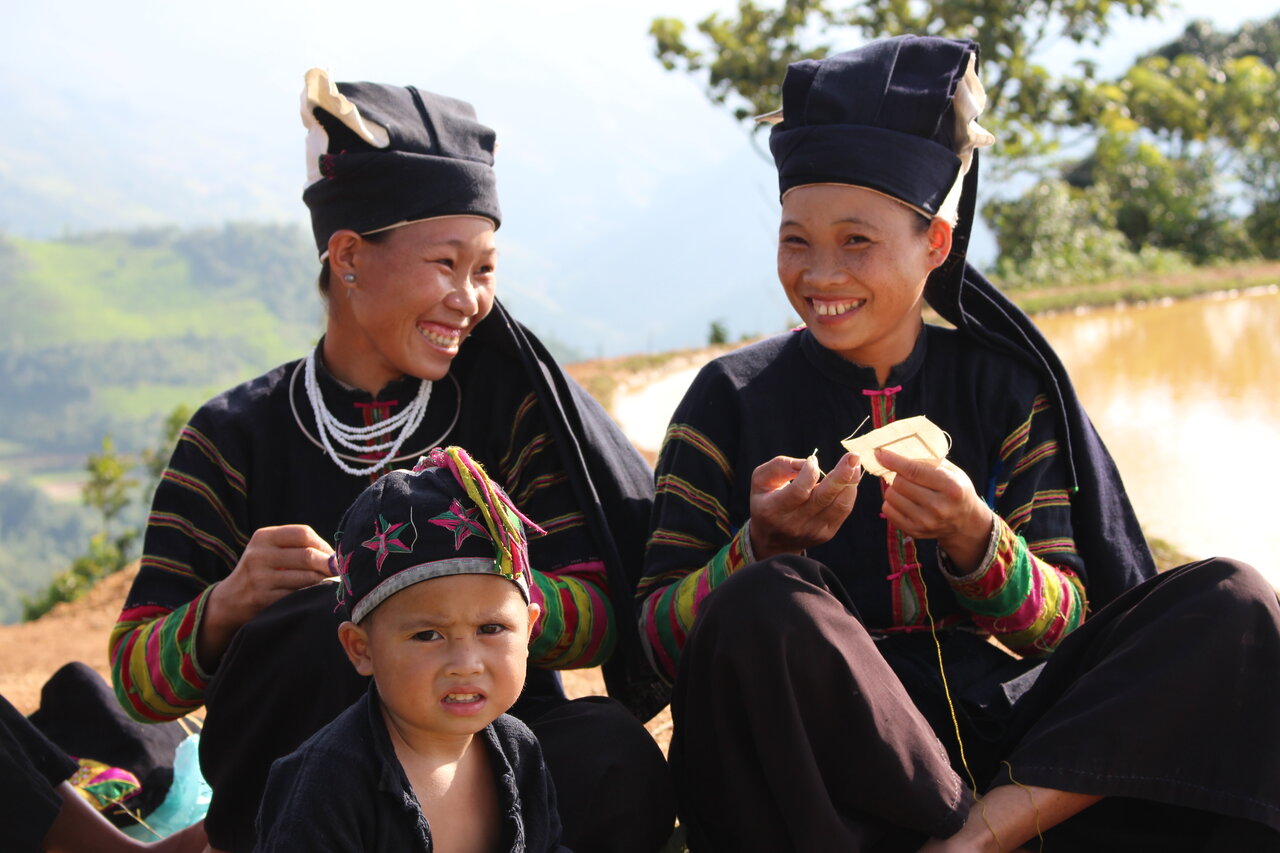
Quiet Asia Sustainability Policy: Our Commitment to Responsible Tourism Across Asia
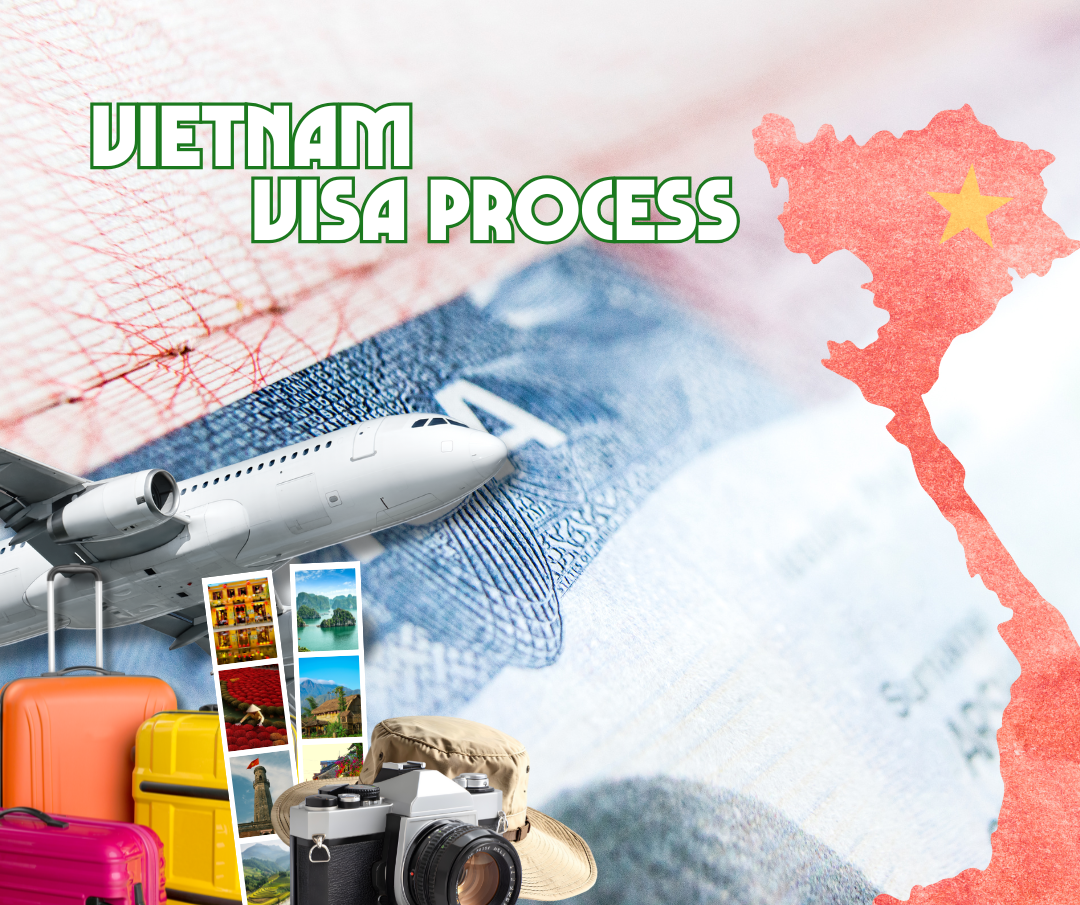
This is a technical testing post, please ignore it. 2
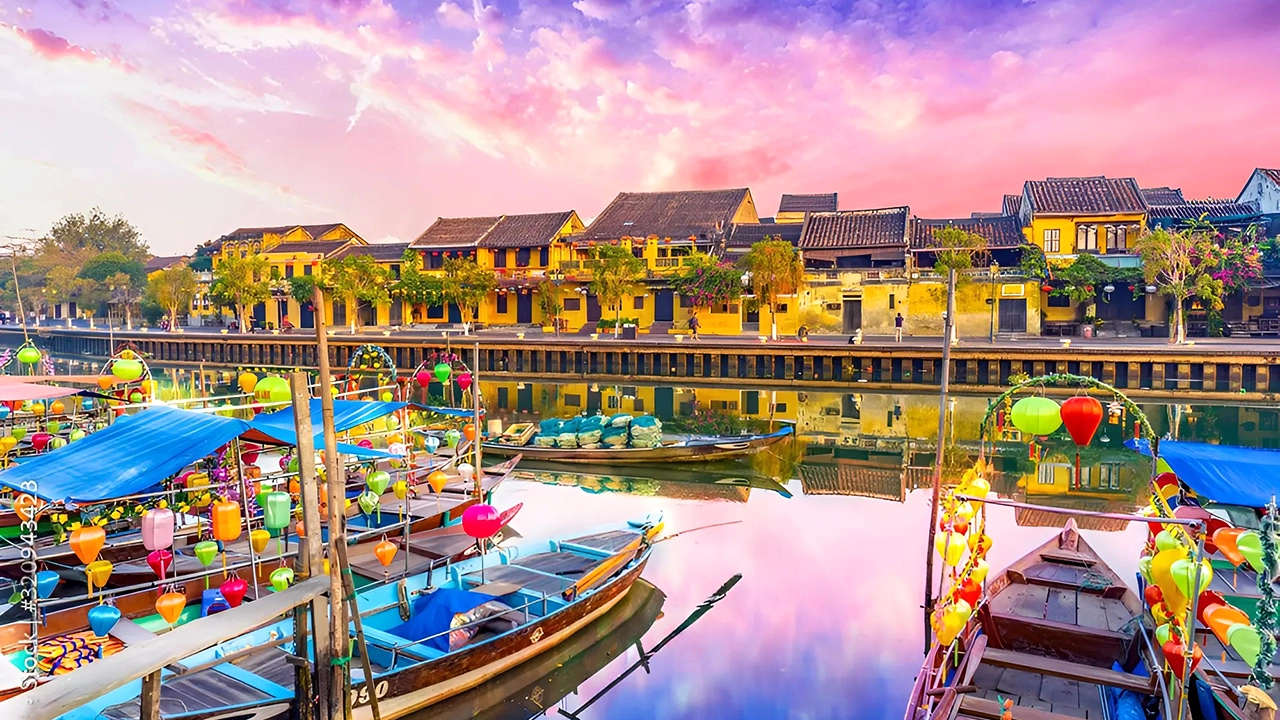
This is a technical testing post, please ignore it. 3
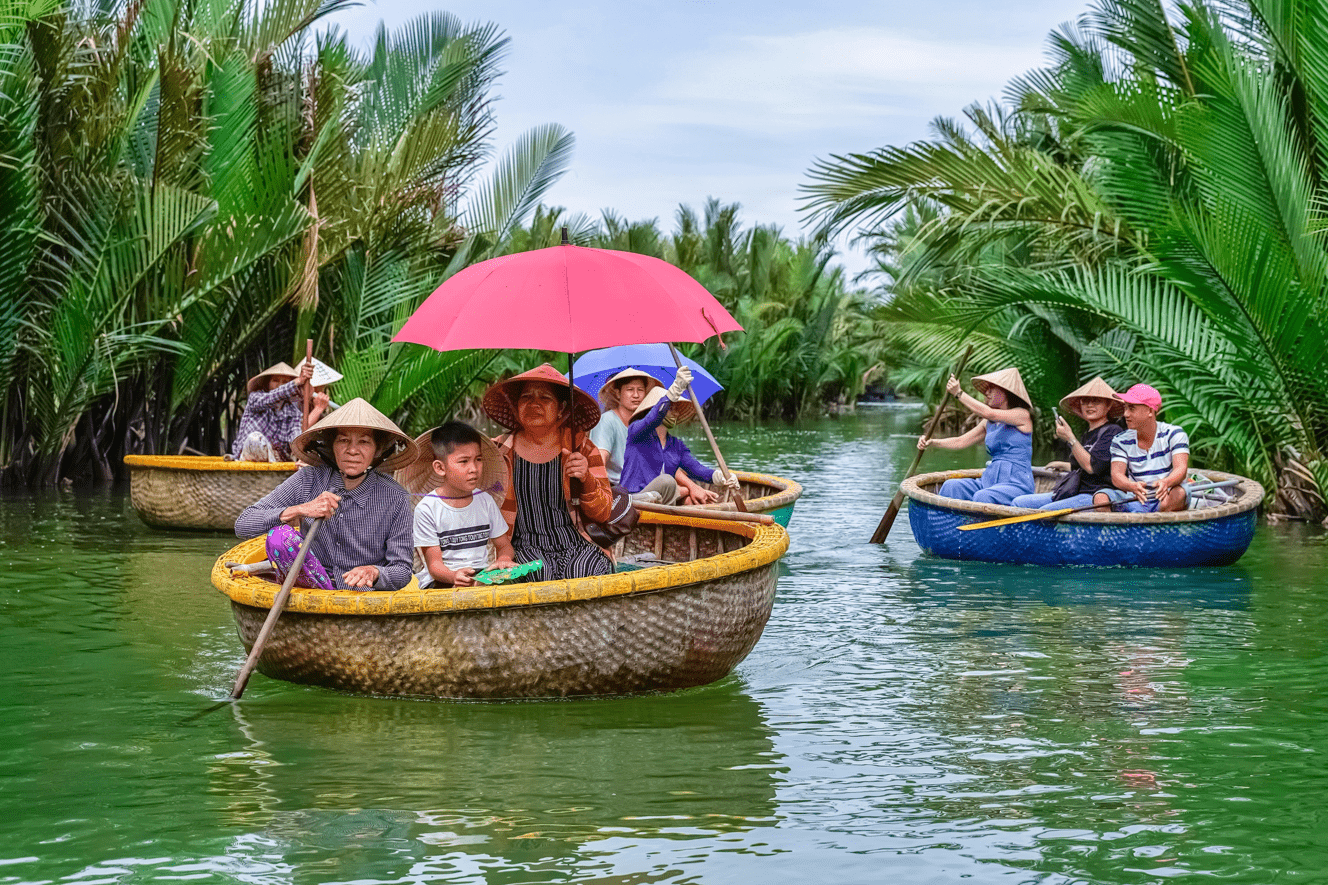
This is a technical testing post, please ignore it. 4
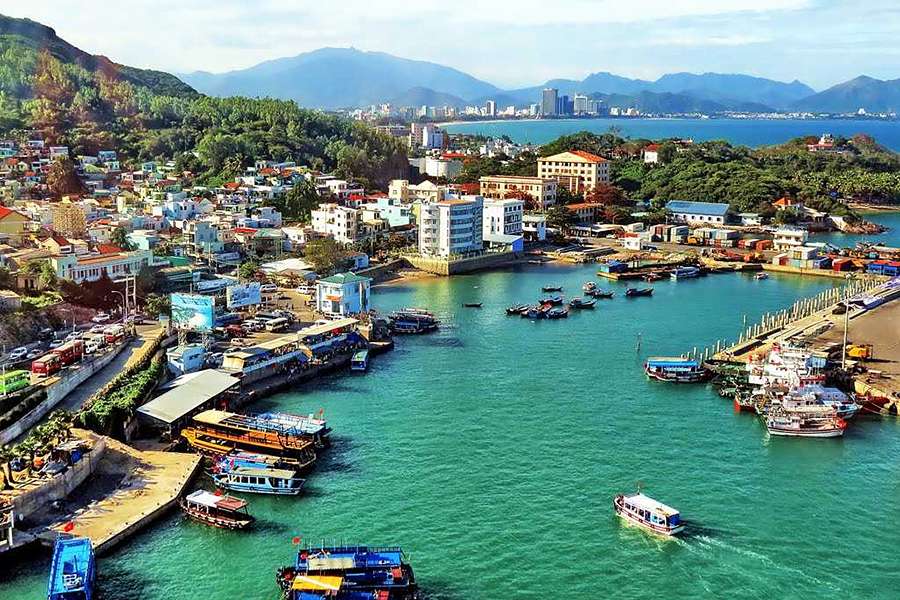
This is a technical testing post, please ignore it.

How to Apply for a Vietnam Visa in 2026: A Clear & Reliable Guide
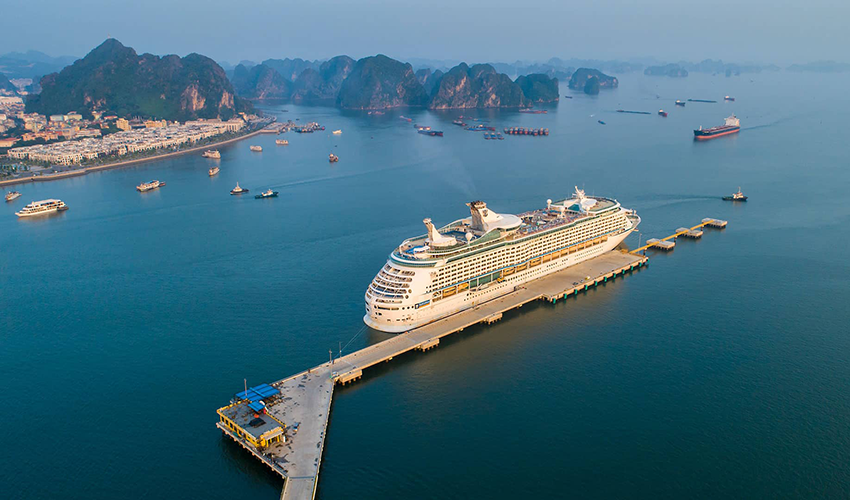
How to Choose the Best Shore Excursion Tour Package: A Practical Guide for Cruise Passengers
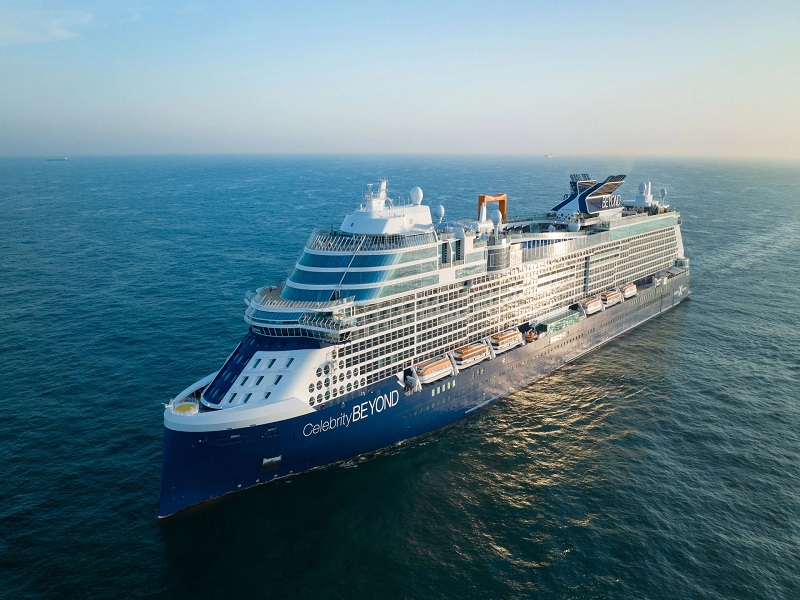
How Not to Be Late for Your Cruise: A Complete Guide for Shore Excursion Travelers in Vietnam & Thailand

Top 10 Most Beautiful Islands in Southeast Asia for Beach Lovers
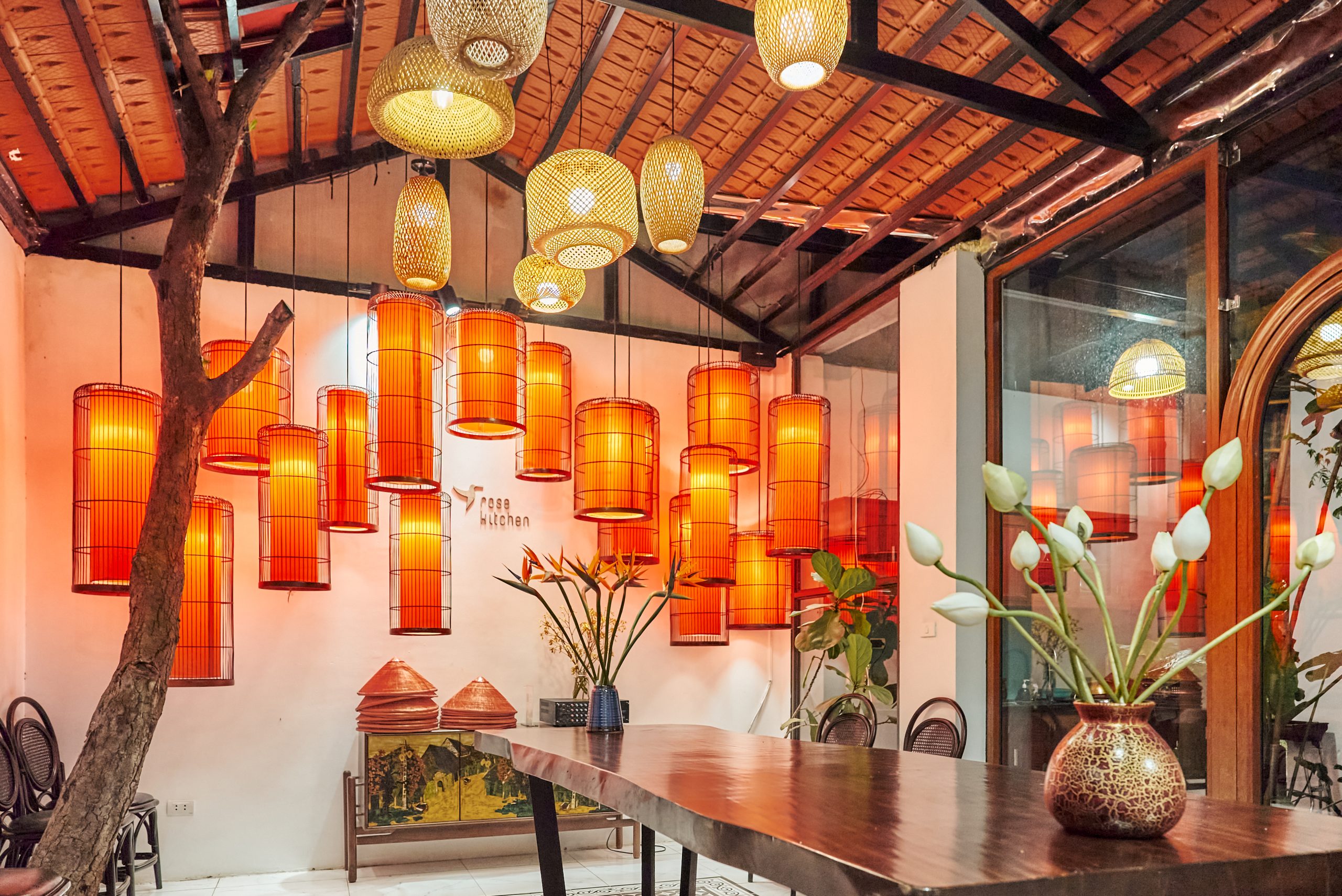
The Rise of Experiential Tourism: Travelers Now Prefer Direct Immersion Over Traditional Sightseeing

Vietnam’s Tourism Surge in 2024: Driving Growth and Innovation in the Post-Recovery Phase

A Culinary Journey Through Thailand: Exploring The Iconic Dishes Of Tom Yum, Pad Thai, And Green Curry

A Culinary Journey Through Laos: Traditional Dishes Larb, Khao Niaw, And Tam Mak Hoong

Discovering Cambodia’s Culinary Treasures: Amok, Bai Sach Chrouk, And Samlor Korko
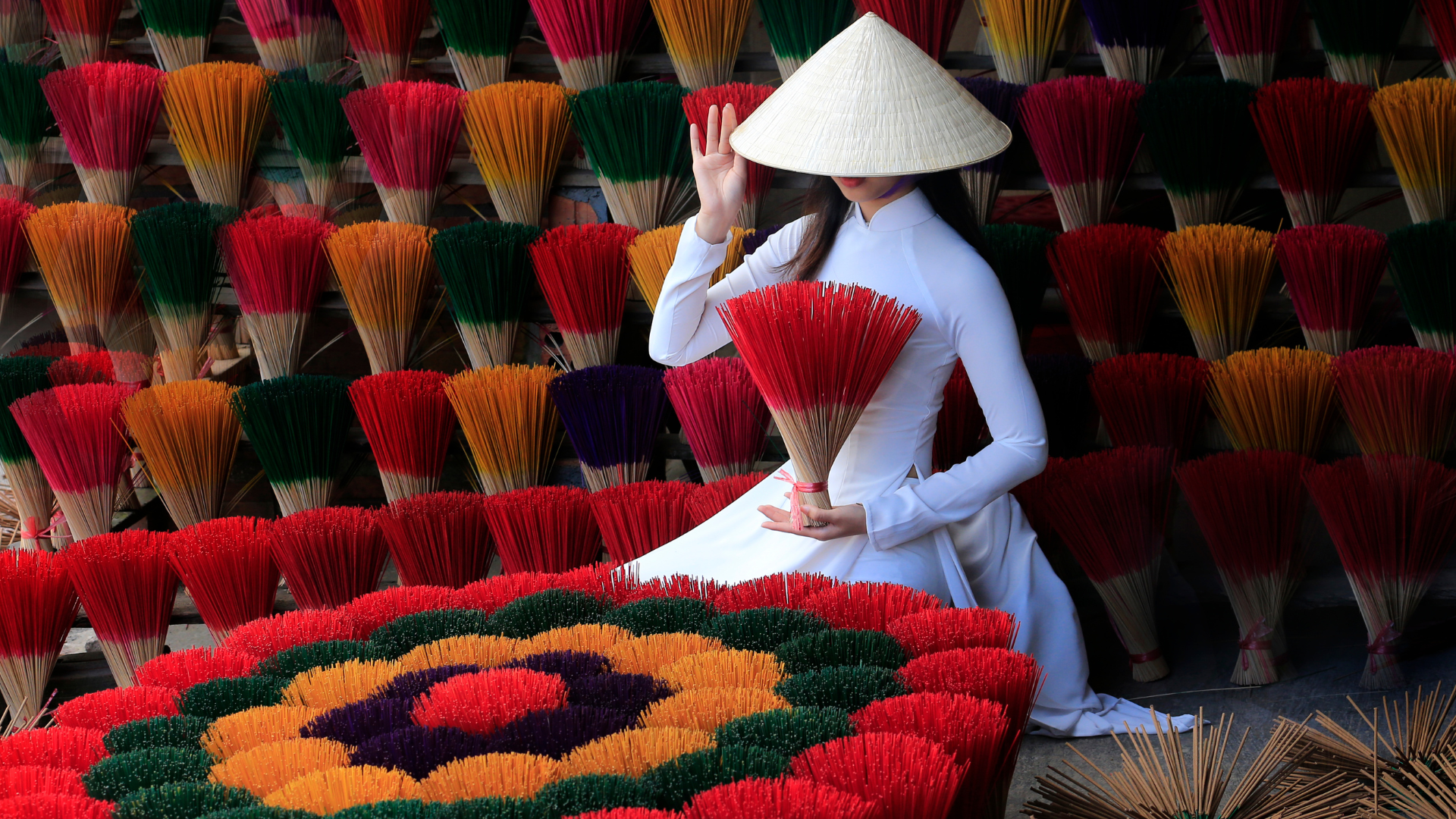
The Timeless Elegance of Áo Dài Việt Nam

Discovering Cambodia’s Culinary Treasures: Amok, Bai Sach Chrouk, And Samlor Korko
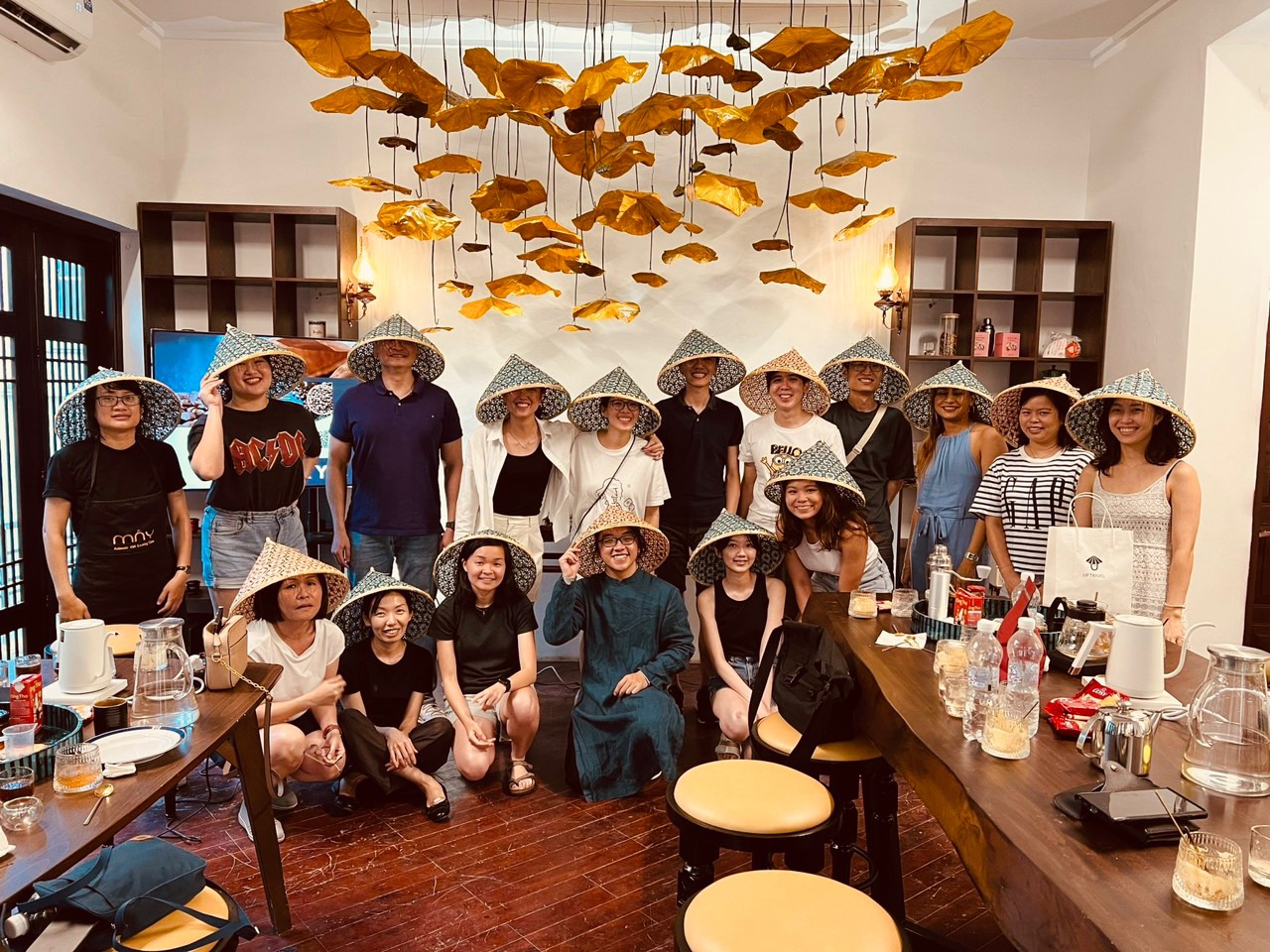
Su Quan Roastery Wins Traveler’s Choice Award 2024: A Journey of Excellence in Coffee Craftsmanship

Festivals in Laos: A Celebration of Culture and Traditions
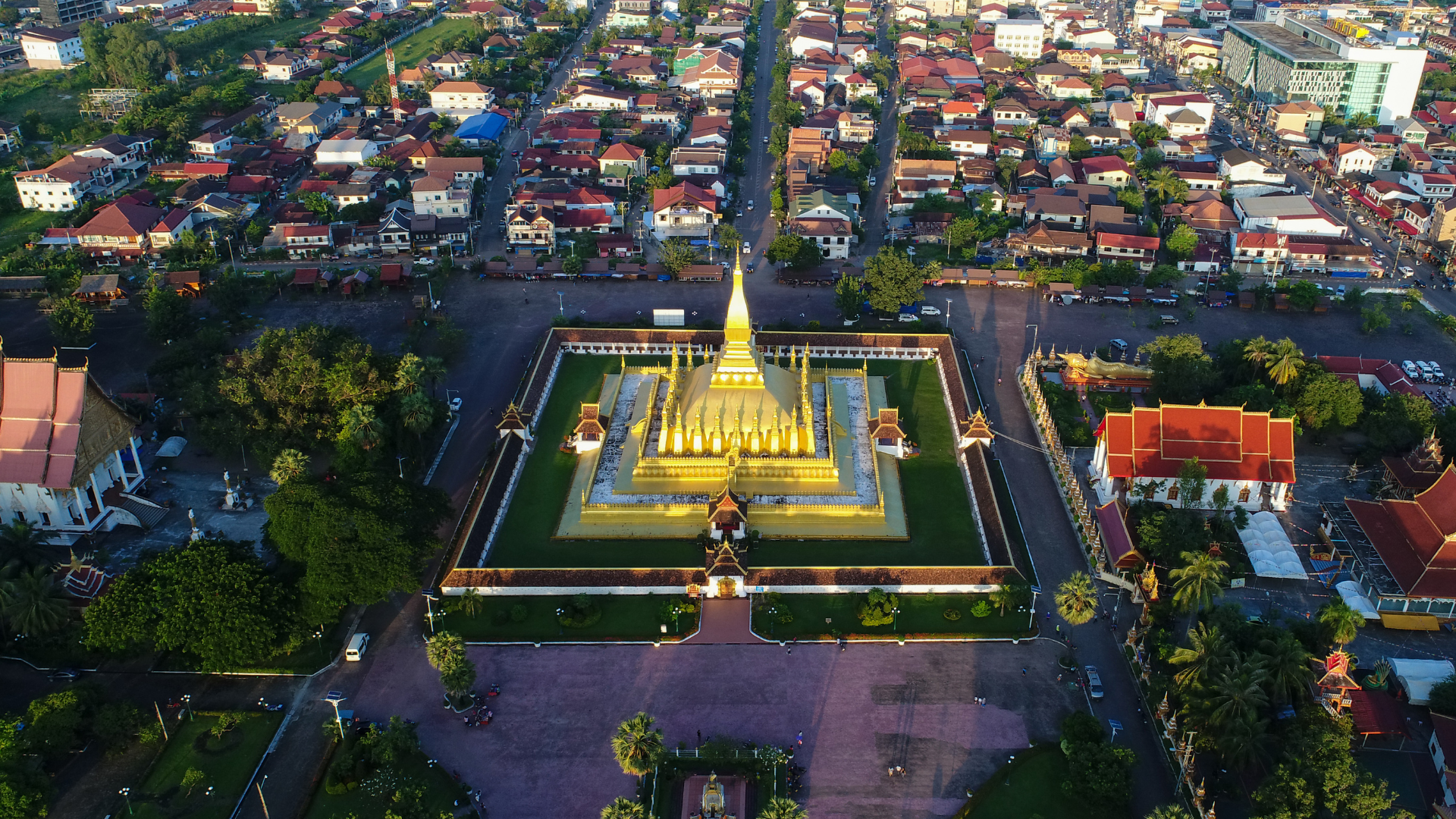
Experience Laos at Its Finest: A Comprehensive Seasonal Travel Guide

A Guide to Transportation in Cambodia: Navigating the Kingdom of Wonder

Seasonal Guide to Cambodia: When to Go for the Best Experience

Exploring Transportation Options in Thailand: Your Ultimate Guide

Visa And Entry Requirements For Traveling Thailand

Best Time To Visit Viet Nam

A Culinary Journey Through Thailand: Exploring The Iconic Dishes Of Tom Yum, Pad Thai, And Green Curry

Discovering Cambodia’s Culinary Treasures: Amok, Bai Sach Chrouk, And Samlor Korko

A Culinary Journey Through Laos: Traditional Dishes Larb, Khao Niaw, And Tam Mak Hoong
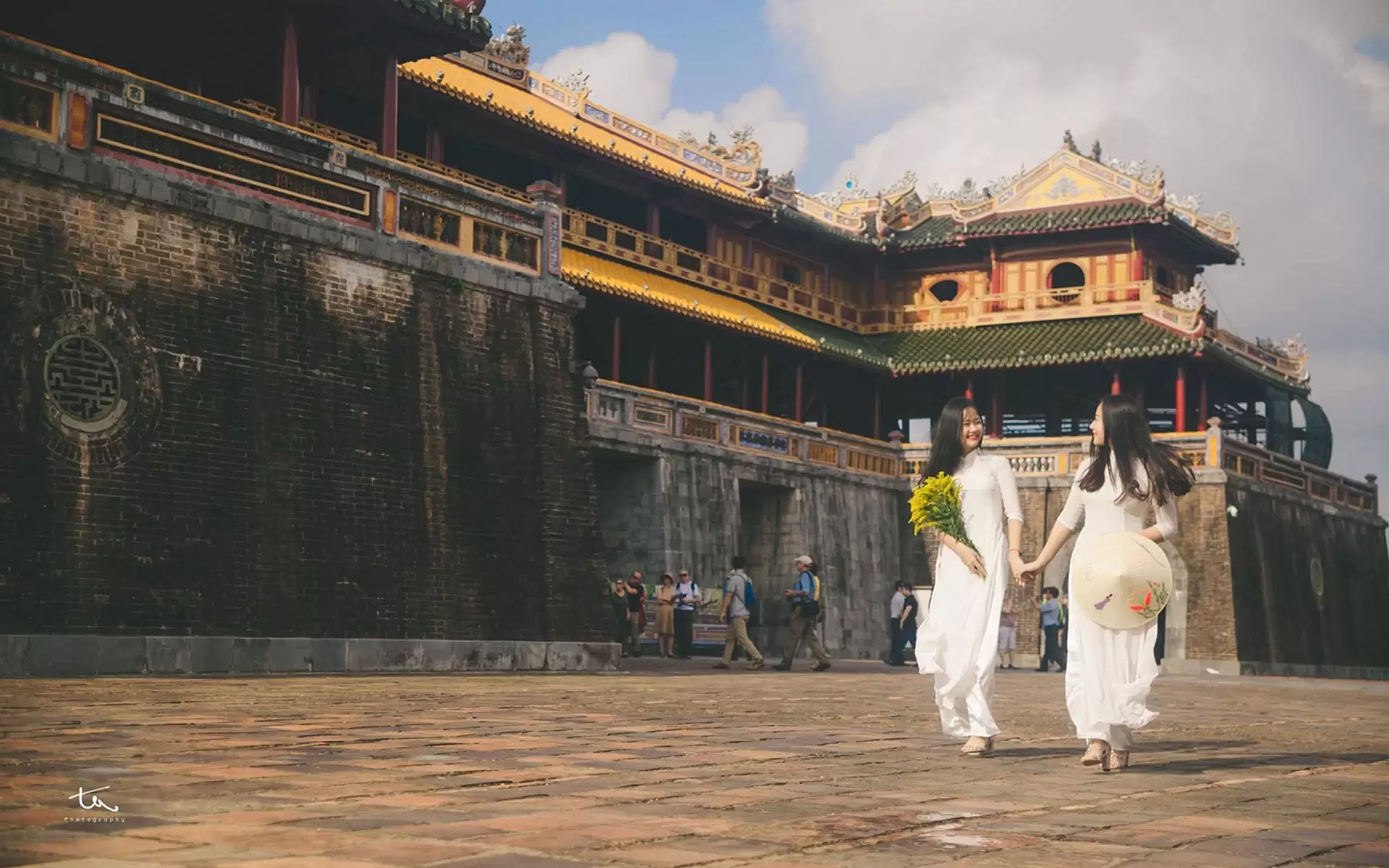
The Timeless Elegance of Áo Dài Việt Nam

Traveling to Thailand: Navigating the Weather and Essential Preparations

Traditional Festivals in Cambodia: A Window into Culture and Spiritual Heritage

Exploring the Weather in Laos: What to Expect and How to Prepare

A Comprehensive Guide to Vietnam’s Weather and Travel Preparation

Exploring the Heart of Laos: A Journey Through Culture, Nature, and Heritage
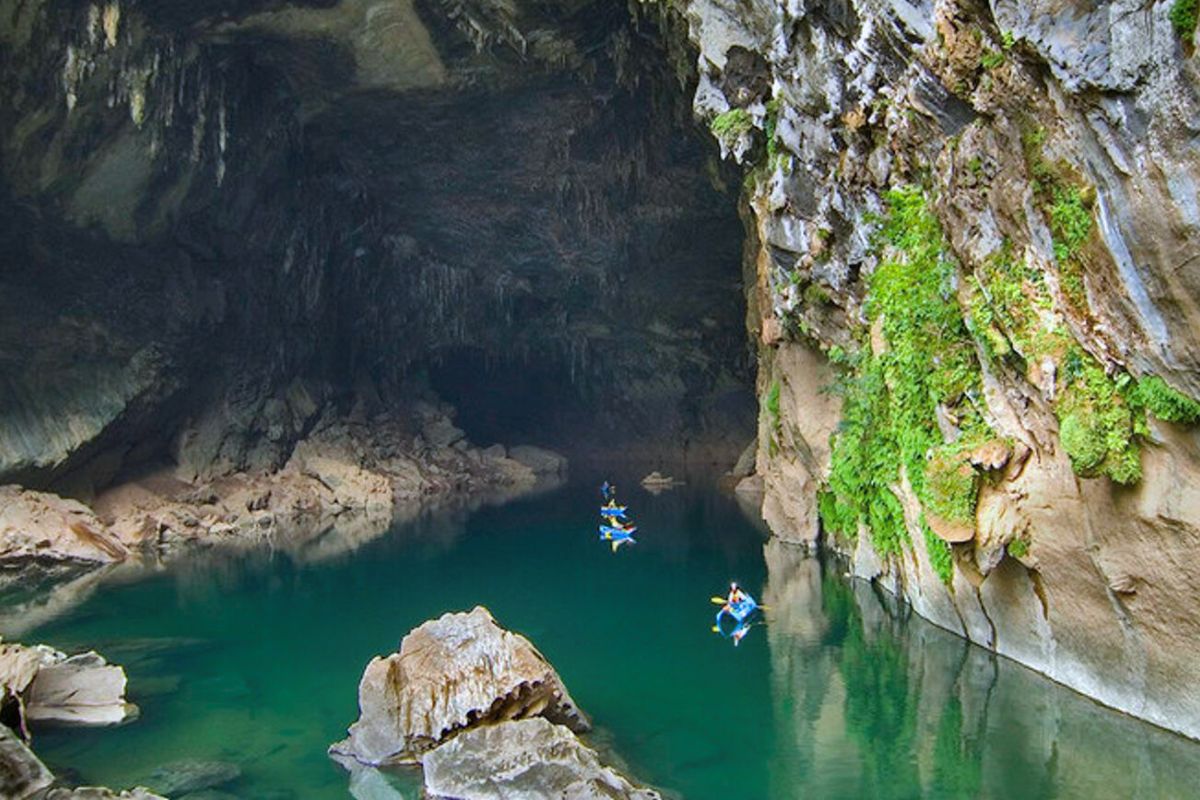
Unveiling the Hidden Gems of Laos: A Journey Off the Beaten Path

A Guide to Transportation in Cambodia: Navigating the Kingdom of Wonder

Seasonal Guide to Cambodia: When to Go for the Best Experience

Exploring Transportation Options in Thailand: Your Ultimate Guide

Visa And Entry Requirements For Traveling Thailand

Transportation in Vietnam: A Comprehensive Guide

Visa And Entry Requirements For Traveling To Vietnam

Best Time To Visit Viet Nam
Subscribe for Insights
Enjoy updates, inspiration, and travel tips sent right to your inbox

